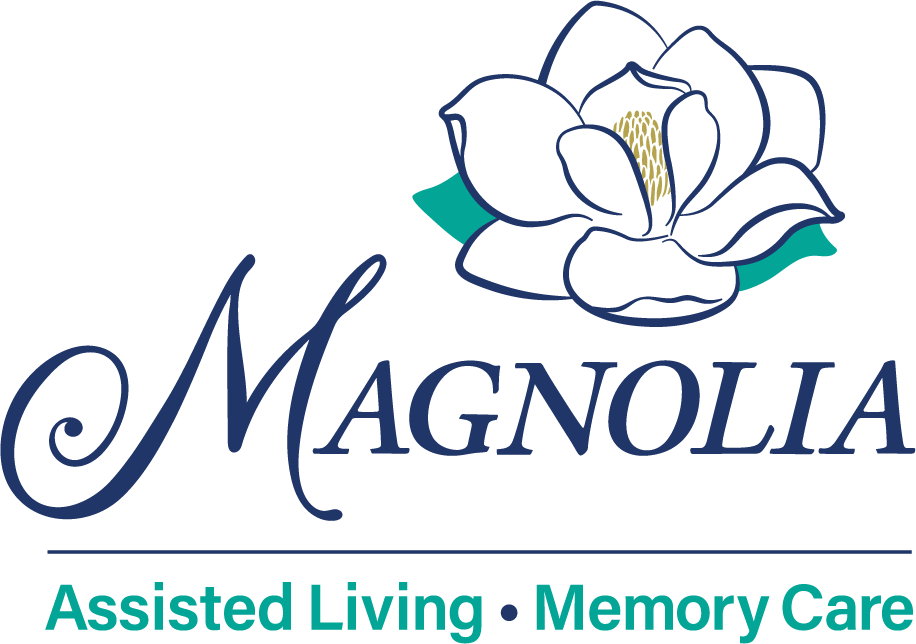Charlotte Memory Care: Safe and Secure Environment for Elders
Charlotte Memory Care: Safe and Secure Environment for Elders
Blog Article
Producing a Safe and Helpful Environment: In-Home Memory Treatment Essentials
Developing a caring and safe setting for people calling for at home memory treatment is extremely important to their well-being and lifestyle. From guaranteeing safety within the home to utilizing efficient interaction techniques and executing memory-friendly layout components, there are essential parts that add to a holistic treatment approach. By focusing on creating a supportive community that satisfies the one-of-a-kind requirements of those with memory disabilities, caregivers can substantially improve the day-to-day experiences of their liked ones.

Safe Living Setting
Creating a hazard-free and safe living atmosphere is paramount when providing in-home memory treatment for people with cognitive problems. Ensuring the security of the private with memory loss is crucial to protect against mishaps and advertise a feeling of health.
Additionally, making use of innovation such as motion sensors and alarms can notify caregivers if the specific wanders or is in distress. By focusing on safety steps and eliminating prospective risks, caretakers can give a encouraging and safe and secure atmosphere for individuals with cognitive problems receiving in-home memory care.
Efficient Communication Strategies
Carrying out tailored interaction methods is vital in promoting significant communications with people with cognitive impairments in the context of in-home memory care. Efficient interaction plays an essential duty in developing a supportive atmosphere that improves the well-being and top quality of life for individuals with memory problems. When interacting with someone experiencing cognitive decrease, it is necessary to utilize simple and clear language, keep a calmness and positive tone, and offer aesthetic hints to aid understanding.
One key technique is to practice active listening, showing compassion, perseverance, and respect throughout discussions. Non-verbal hints such as faces and body language can likewise assist communicate understanding and support. Furthermore, utilizing memory therapy by going over previous experiences or utilizing songs and art can use long-term memories, sparking connections and stimulating engagement.
Furthermore, including normal routines and constant communication patterns can give a feeling of familiarity and safety for individuals with memory problems. By carrying out these interaction methods, caregivers can establish significant links and advertise a feeling of comfort and count on the in-home memory treatment setup.
Memory-Friendly Style
Given the importance of creating a supportive setting for people with memory problems through effective interaction approaches, the unification of memory-friendly style elements in the living area ends up being necessary in enhancing their daily experiences and overall health. Memory-friendly design concentrates on improving safety, convenience, and freedom for individuals with cognitive problems. Straightforward adjustments can make a significant difference, such as using contrasting shades to improve presence and decrease complication, integrating clear signage to help navigating, and reducing clutter to stop sensory overload.
Integrating acquainted aspects from the person's past, such as preferred items or personal pictures, can stimulate favorable memories and produce a feeling of knowledge. By integrating these memory-friendly design elements, caregivers can offer a helpful and risk-free living area that allows people with memory problems to preserve their independence and high quality of life. Charlotte Memory Care.
Daily Routine Planning
When developing a day-to-day routine for individuals with memory concerns, mindful preparation is vital to support their cognitive feature and general health. Developing an organized timetable can aid minimize complication, disorientation, and stress and anxiety often experienced by those with memory disabilities.
Flexibility is vital, as some days might call for adjustments based additional resources on the person's state of mind and power degrees. Consistently assessing and adjusting the everyday routine will aid ensure its effectiveness in advertising a comforting and positive environment for individuals with memory obstacles.
Support System Application
Establishing a durable network of helpful individuals plays a crucial function in enhancing the quality of treatment and well-being for people needing memory support. Relative, good friends, medical care professionals, and neighborhood sources can all contribute to developing a solid assistance system. Communication among these people is vital to guarantee that the needs of the specific with memory challenges are satisfied successfully.
Member of the family are typically the main caregivers and create the foundation of the support group. They provide everyday care, emotional assistance, and companionship. When needed to stop fatigue and make certain the finest possible care for their loved one., it is essential for family members to look for support and break.
Along with household assistance, including healthcare professionals such as nurses, specialists, and doctors can offer customized care and advice. These experts can provide beneficial insights, medical guidance, and aid in managing the person's problem.

Final Thought
In conclusion, creating a encouraging and risk-free setting for individuals with memory care needs is essential for their well-being. By developing a secure living atmosphere, using effective interaction strategies, integrating memory-friendly design elements, preparing everyday routines, and carrying out a strong support group, caregivers can help enhance the quality of Full Report life for those with memory loss. These important elements interact to produce a nurturing and equipping environment that advertises freedom and enhances total high quality of life.
Producing a hazard-free and safe and secure living setting is critical when offering at home memory care for people with cognitive disabilities. By prioritizing security measures and getting rid of possible dangers, caregivers can give a safe and secure and encouraging atmosphere for individuals with cognitive disabilities receiving in-home memory care.
Establishing a robust network of supportive individuals plays a critical role in boosting the high quality of care and well-being for people needing memory assistance - Charlotte Memory Care. Interaction among these individuals is important to guarantee that the needs of the private with memory obstacles are fulfilled efficiently

Report this page